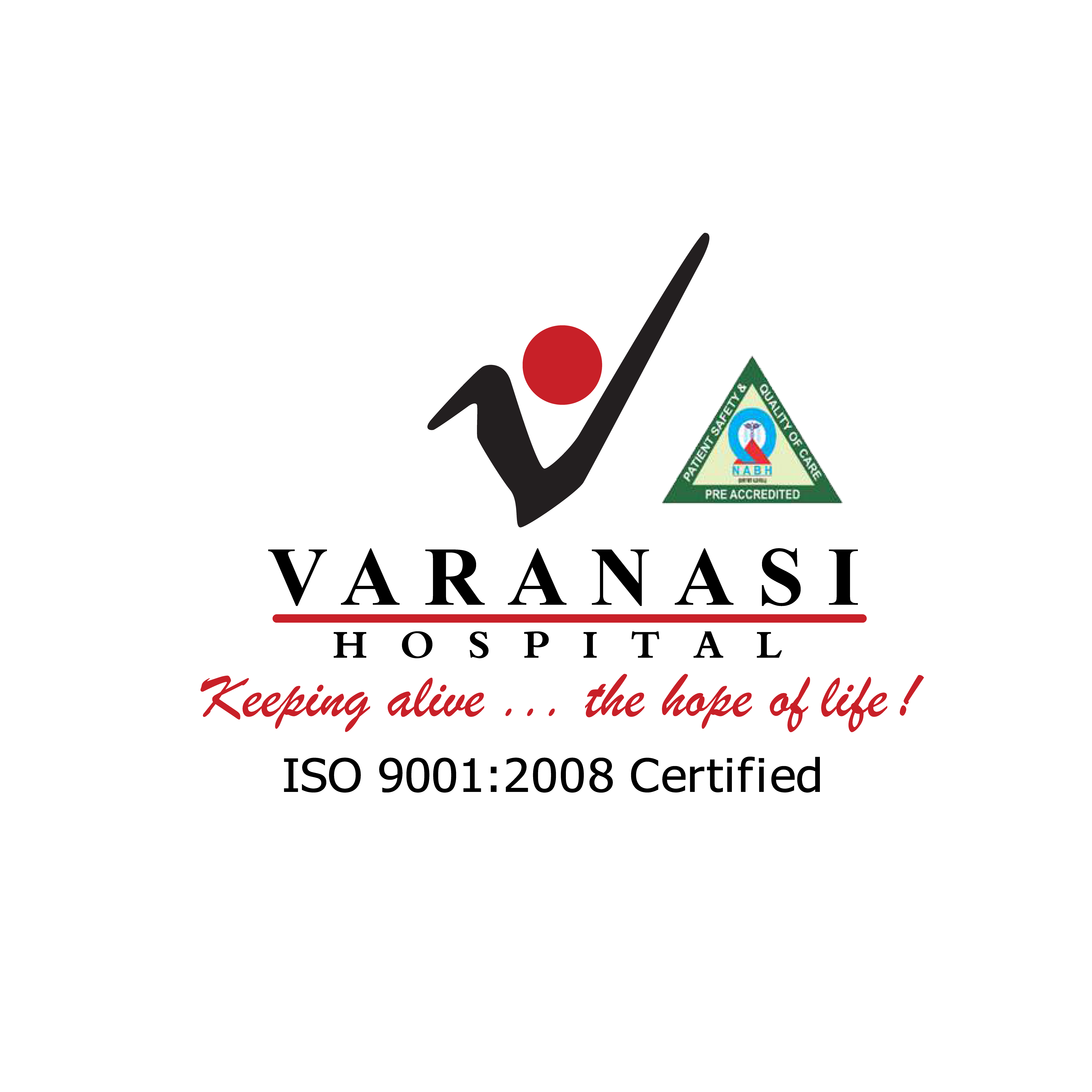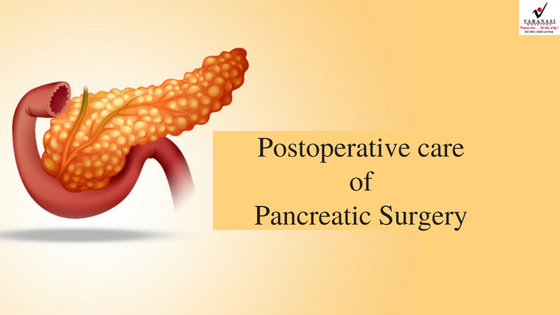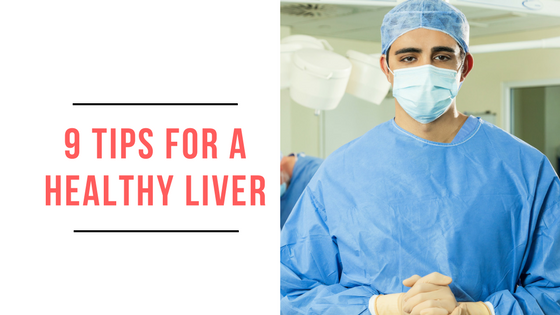Pancreatic Surgery Post-Op Care
Like all major operations, recovering from pancreatic surgery takes time too. Full recovery requires an average of two months for open surgery and about 2 weeks for laparoscopic surgery. Your recovery can be divided into different stages, each of which carries a different set of expectations. However, it is important to remember that every patient’s recovery is different, even if patients undergo the exact same procedure.
Let’s have a look at it in details-
Hospital Recovery After Pancreatic Surgery
Patients spend an average of 1-3 days in the hospital after pancreas surgery. While you are in the hospital, the members of your healthcare team will be checking in on you daily. Your in-house team consists of residents, medical students, nurses, and your surgeon. Your team will closely monitor your progress throughout your stay. You will be seen by residents and nurses several times each day and by your surgeon at least once each day.
It is normal to experience pain after pancreas surgery. While in the hospital, you will be able to manage your pain with intravenous pain medication. Once you are at home, you will manage your pain with oral medications prescribed by your healthcare team.
After your operation, you will have staples and special dressings where incisions were made during your procedure. Health care team will check your dressings regularly to ensure they are healing well and monitor any tubes to ensure proper drainage if any. It is normal to be discharged home with the surgical drainage tubes still in place, so do not be worried about your recovery if this happens to you. You will be given specific instructions on how to care for both the drainage tubes and your surgical dressing before you are discharged from the hospital.
Many people are eager to be discharged from the hospital after surgery, and your health care team will do everything they can to return you to your home life. Before they discharge you, there are certain requirements you must meet. You should:
- Have a stable temperature and not show signs of fever
- Have no unresolved medical or surgical issues
- Be able to tolerate food and liquid
- Be able to walk unassisted
- After Discharge
You will be able to leave the hospital after a day or two. A full recovery from pancreas surgery can take two months or longer if it is an open surgery technique and about 2 weeks for laparoscopic surgery. During the recovery, your doctor will ask you to come into the hospital for postoperative evaluations. At your first postoperative visit, you will meet with your surgeon or a nurse practitioner who will review your pathology and surgical reports. Your incisions will be examined and staples and tubes will be removed. At this, and at subsequent postoperative evaluations, your team will also talk to you about your diet, bowel functions, and pain control to ensure you are recovering well.
Post-Operative Dietary Guidelines
After pancreatic surgery, it is normal to have minute difficulty eating or to experience nausea, vomiting or heartburn. These symptoms are caused by a condition known as “gastric ileus,”. It may take your digestive system anywhere between a week or two to return to normal.
In general, when recovering from a pancreatic operation, the goal should be to eat small, frequent meals or snacks every three hours. Eat a protein containing food first each meal to minimise the amount of muscle mass you may lose. It is important to remember to drink fluids between meals to stay hydrated.
In a nutshell, the post-operative care is much easier and convenient if it is a laparoscopic surgery instead of an open surgery.






